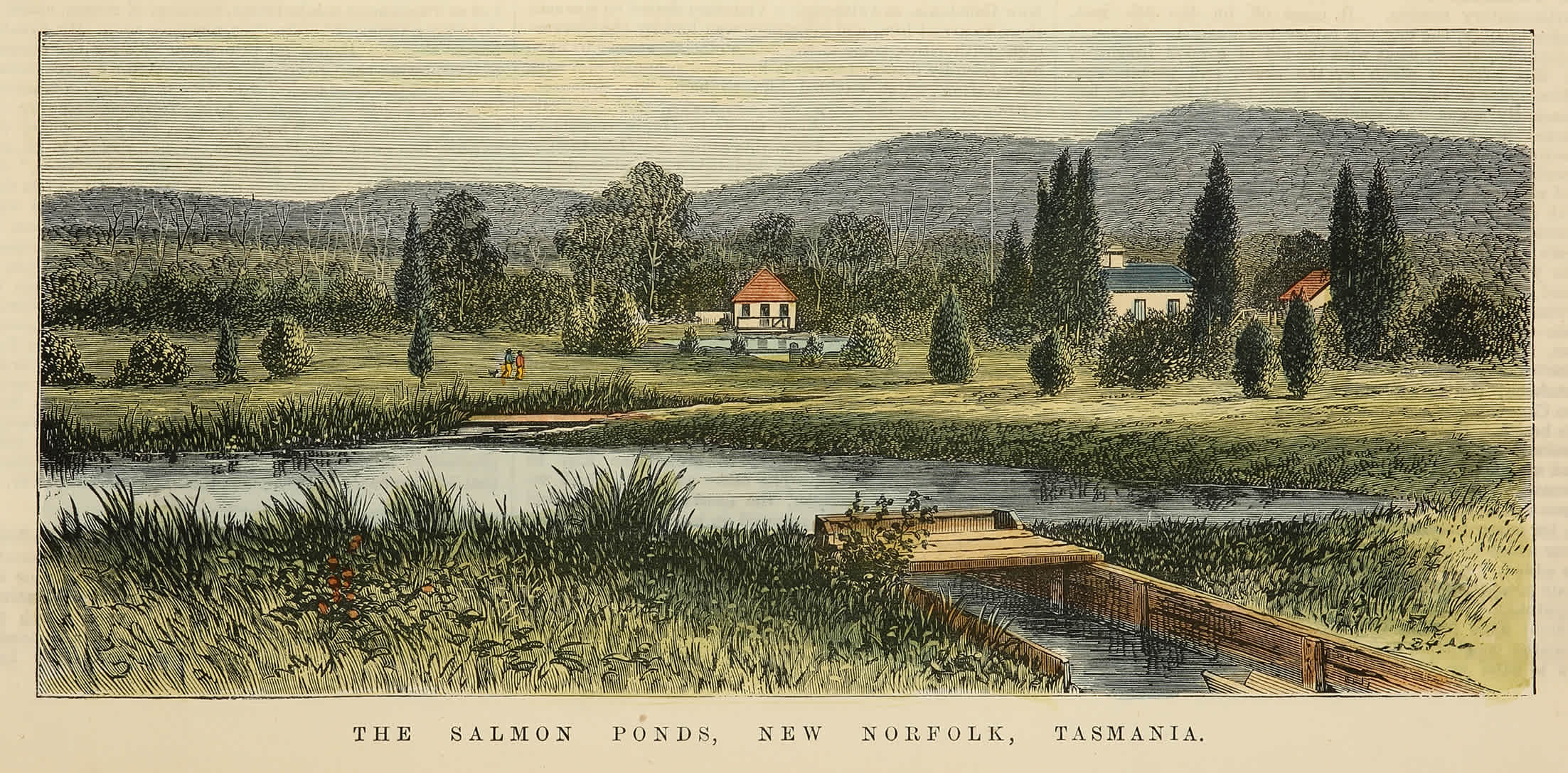I knew nothing of family violence when I became his partner. My naivety and ignorance left me vulnerable and easily manipulated to the point where I became the vessel for his insecurities, sense of injustice, hatred of intimacy and inflated sense of self. I existed merely as an object to be pummelled, humiliated and imposed upon.
Why did I subjugate myself to another human being to such an extent? Why was my self-worth so abysmally inadequate that I believed he had sound reasons for punching me, threatening my life, raping me and strangling me almost to the point of unconsciousness? Why did I blame myself for all of his violence, thinking who I was and how I behaved as valid reasons for his violent behaviour?
The person who professed to love me quickly progressed in the intensity of violence meted out to me. When verbal threats on my life lost their effectiveness, he combined words with actions, his favourites being choking, smothering or throwing me down stairs. Having a rifle held to my temple with screamed threats of shooting my head off triggered hypertension and migraine-like headaches which persist to the present day.
Even this did not compel me to speak out. I was so resigned to this lifestyle I continued the lie that all was well. I still kept the violence a secret. My then partner exerted a form of brainwashing on me to such a degree that in my mind, I had legitimate reasons to remain, irrespective of the abuse I received. I held fast to the unwillingness to reveal my secret life, due mainly to the acute shame I felt for keeping his abusive actions to myself. I was also afraid of the unknown; perhaps losing my children to their father, inability to afford food and shelter for us and possible family judgement. Would it be worth the hardships as a single mother of three?
Yes. A resounding YES.
. . .
My decision to tell my family and women’s refuge workers of the abuse that happened daily was a direct result of being raped by him. When my youngest daughter told me that her father had shown her a rifle that he “planned to shoot mummy with if she is naughty”, I knew that the children and I could no longer remain in the house with a man who was increasingly involving three young impressionable minds in his own dysfunctional state of mind.
Understanding the abuse and recognising it for what it really is can motivate the abused to take positive steps to leave their abuser earlier. The longer one remains with an abuser the greater the trauma and the harder it is to fully recover mentally from domestic violence. This is the primary reason for my disclosing the long-held secret of my abuse at the hands of an intimate partner. I am telling my story to all who will listen in the hope that even one person gets out of an abusive relationship quickly.
If you are being abused, or know someone who is, don’t turn away. Reveal your secret or support others in telling their secret. Take steps, no matter how small, to leave. A word of caution: a victim (I prefer the term survivor) is most vulnerable and at risk of violence against them at the point of leaving, as the perpetrator senses they are losing control. Therefore, seek outside support, particularly the assistance domestic violence professionals can provide before, during, and directly after leaving to minimise the risk of abuse occurring.
I stayed with him too long. I now understand that the shame I felt and the belief that his violence must remain a secret, are mistaken.
The shame is all his. He will forever harbour his secret. It is no longer mine.
Deborah Thomson moved to Tasmania with her daughter in 2010, and now lives with her partner of nine years and a parrot.
She moved to escape domestic violence and, inspired by her new partner, wrote her first book, Whose Life Is It Anyway? Recognising and Surviving Domestic Violence, to help others recognise abuse (and in particular coercive control), in the home, and to increase their motivation to leave earlier.
After publishing her first book, she became a trained advocate through Engender Equality, a non-government Tasmanian organisation working with people and communities impacted by family violence. Deborah Thomson advocates for survivors of family violence, speaking at domestic violence events across Tasmania, through media channels and podcasts.
She recently completed a second book, detailing lived experience with domestic violence by her then husband, spanning 17 years from 1985 to 2003. This book is now used in Tasmania as an information resource for family violence counsellors and students on practicals. Both books are available through The Hobart Book Shop.
Visit the homepage for Deborah's column, The Family Violence Epidemic here.








